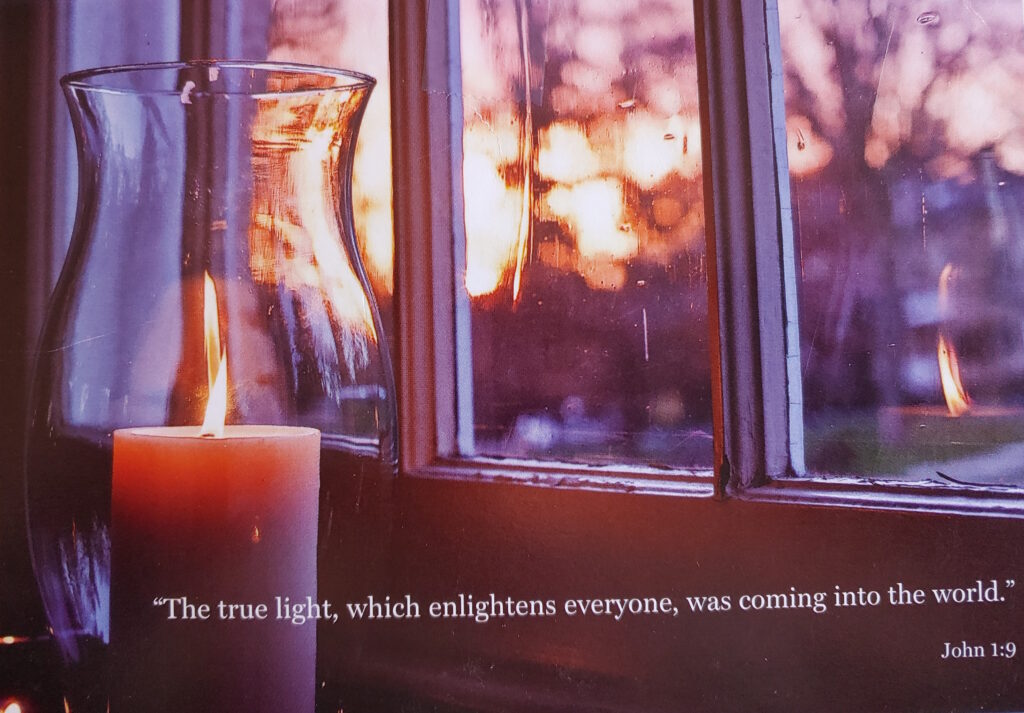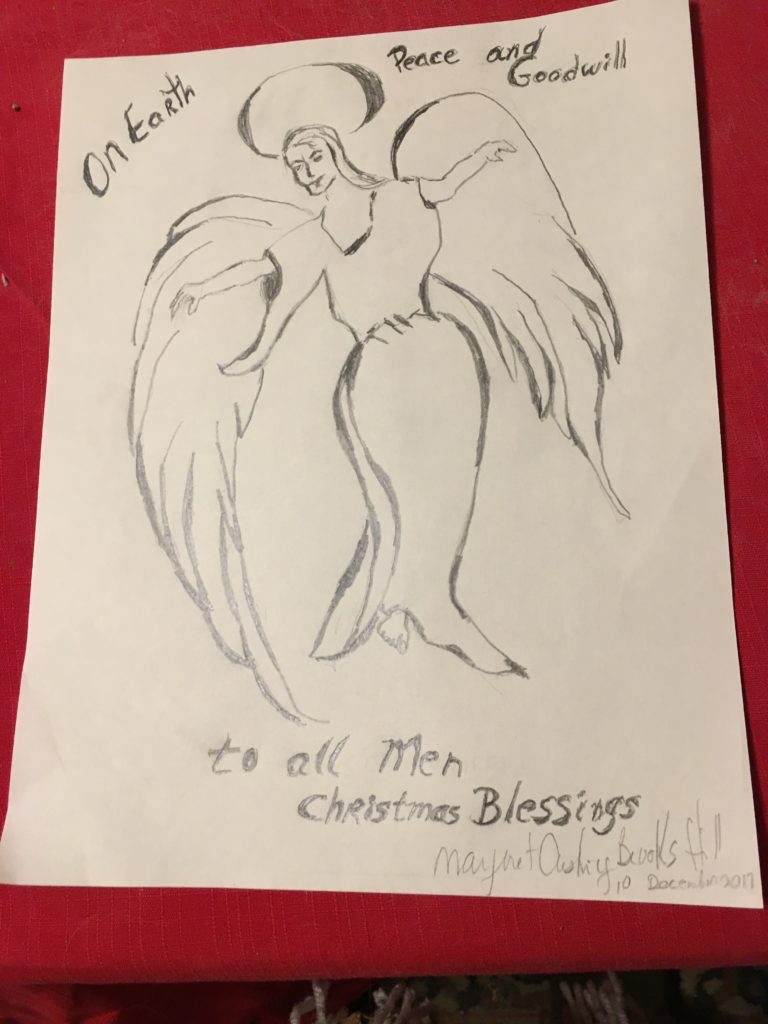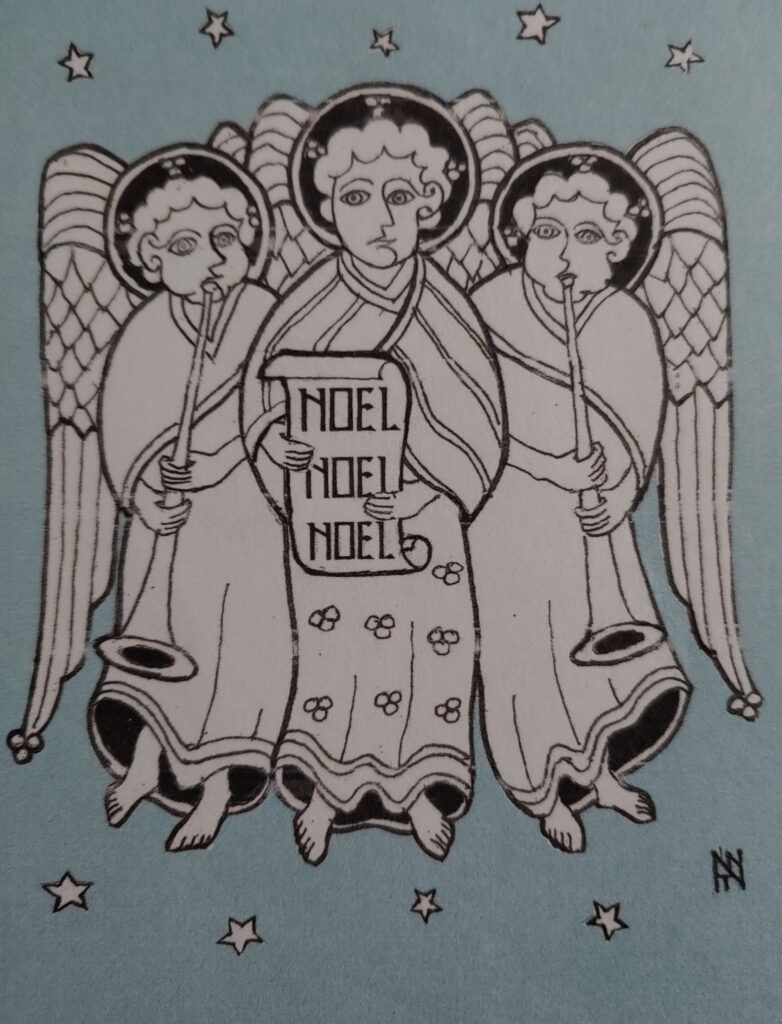But strive for the greater gifts. And I will show you a still more excellent way.
I Corinthians 12:31, NRSV
It didn’t take long for the gathering of believers in Corinth to receive gifts from the Holy Spirit – wisdom, knowledge, care of souls, speaking in tongues, interpretation of tongues, prophecy, etc. It wasn’t long after that the measuring began: Who had the best, flashiest gifts? Who had the worthiest ones? About a second later, the comparisons set in: People with the better gifts were elevated above those whose gifts weren’t quite so shiny or noticeable. Pride and shame were handed out with the gift evaluations and comparisons. When Paul got wind of it, he did what he could: he wrote a letter.
Before he waxed poetic on love (the part we all know from weddings and anniversary cards), he offered a few choice words about this comparison game in play. He made short work of those who thought flashy and obvious meant greater value of gift and person”
- Gifts were given to individuals to enrich the group, not as markers of individual holiness or worth.
- The flashier ones aren’t worth much unless they do more than create a scene – they have to deepen the faith of the community, just like every other gift.
- Just like a body has many parts, and the parts have different functions, a church has many gifts. All are needed, none are useless.
- If you think this is all about gifts, you have really missed the point.
I’d like to think I’ve never whipped out a measuring stick, or compared my gifts with the gifts of others as a way to judge some as superior and some as inferior. Sadly, I’m pretty sure I’ve played the comparison game.
I need Paul’s words as much as any Corinthian…




